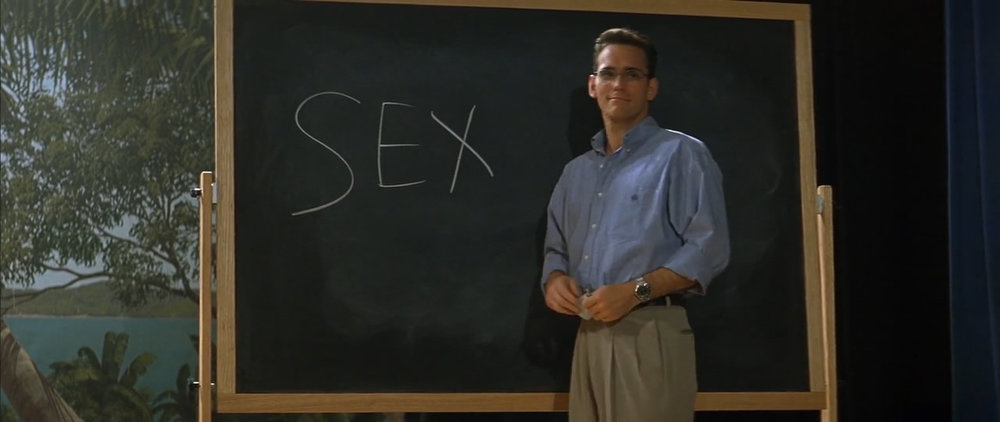Why Few Men Teach Elementary School

Male elementary teachers are rare. The ratio of female early childhood educators to males is highly imbalanced. Now, some are questioning if this is a product of societal roles or biological predestination.
Some educators note that various societal constraints put extra pressures on male elementary school teachers. Primarily they are already outnumbered which creates a female-centric environment. The nurturing characteristics required to properly teach and care for young school children are often associated with women. This feminine perspective has driven the school system to be a more verbally based institution. While women tend to be more verbal, testosterone levels in male fetal development and early childhood delays male speech patterns and encourages them to develop quicker visual skills.
It has also been noted that teaching children is considered “low status work.” While many teachers may feel this way, community support is often based on student success rates, and as public schools have experienced curriculum shifts — which have led to a decrease in academic excellence, this may more accurately represent why there are less male elementary teachers. During the course of the past decade men in specific have come under intense scrutiny. “Toxic masculinity” is a term that has been used to describe many different male-centric behaviors, some harmful and some trivial.
Political movements have affected various fields and are entering classrooms at a rate that may deter males from becoming elementary school teachers. But that only serves to explain modern trends. For generations, women preferred teaching. It was a choice as men decided to seek other fields.
One main biological factor to take into account is how men and women physically respond to babies and how that shapes their view of childcare. While women are more biologically prone to respond to infants’ crying, they develop a bond of providing care. Whereas, men remained focused on their initial thoughts when babies cry and are likely to experience 5 times the anxiety level than normal when caring for young babies. Experiencing higher rates of anxiety and frustration when children cry may also influence the lack of male elementary teachers because men simply do not wish to take on work that may involve upset and crying children.
This is likely driven by a history of societal roles which were designed to match biological sex and function. Human genetic memory retains generations of males hunting, protecting, and providing for families because they are generally bigger, stronger, and faster. While that same biological predisposition is influenced by countless years of women carrying unborn babies, birthing them, and then feeding and nurturing them throughout their childhood. In addition, another serious factor has come into play with the lack of male elementary teachers.

As child sexual abuse cases become more concerning within the education system, male elementary school teachers are more suspected of pedophilia. Being outnumbered, these educators are more discriminated against when considering allegations and more likely to receive harsher punishments than women who commit the same crimes. Men are already societally demeaned for their masculine nature, knowing that they are more likely to be accused of such horrendous crimes and punished for them (even if they may be innocent) makes this profession less desirable.
Overall there seems to be a link between the societal and biological reasons that male elementary school teachers are rare. While some believe this is to be changed, teaching is a voluntary profession. If men choose not to enter the field, this may be a result of varying factors that can depend on situation, need, and inclination.







